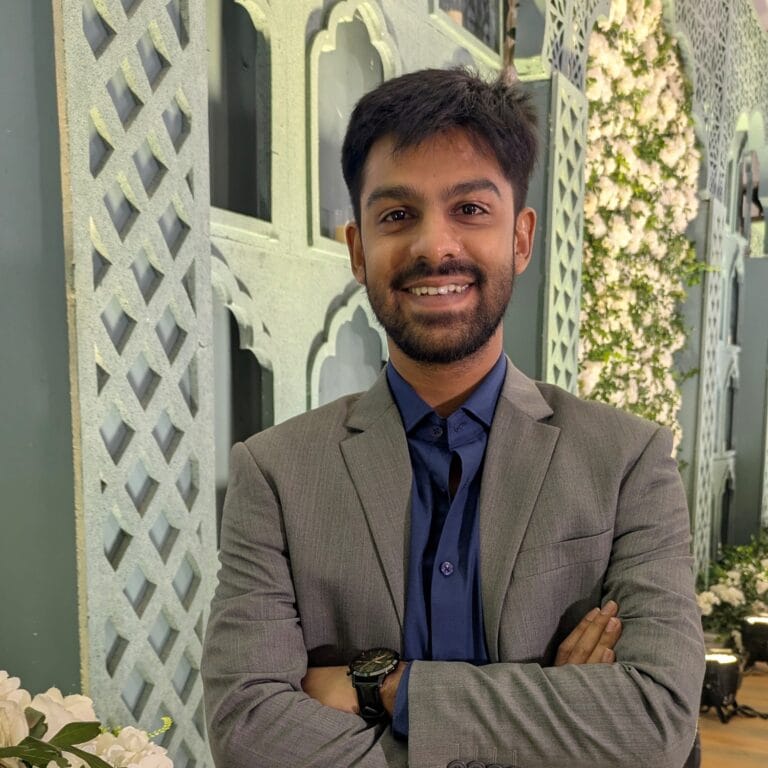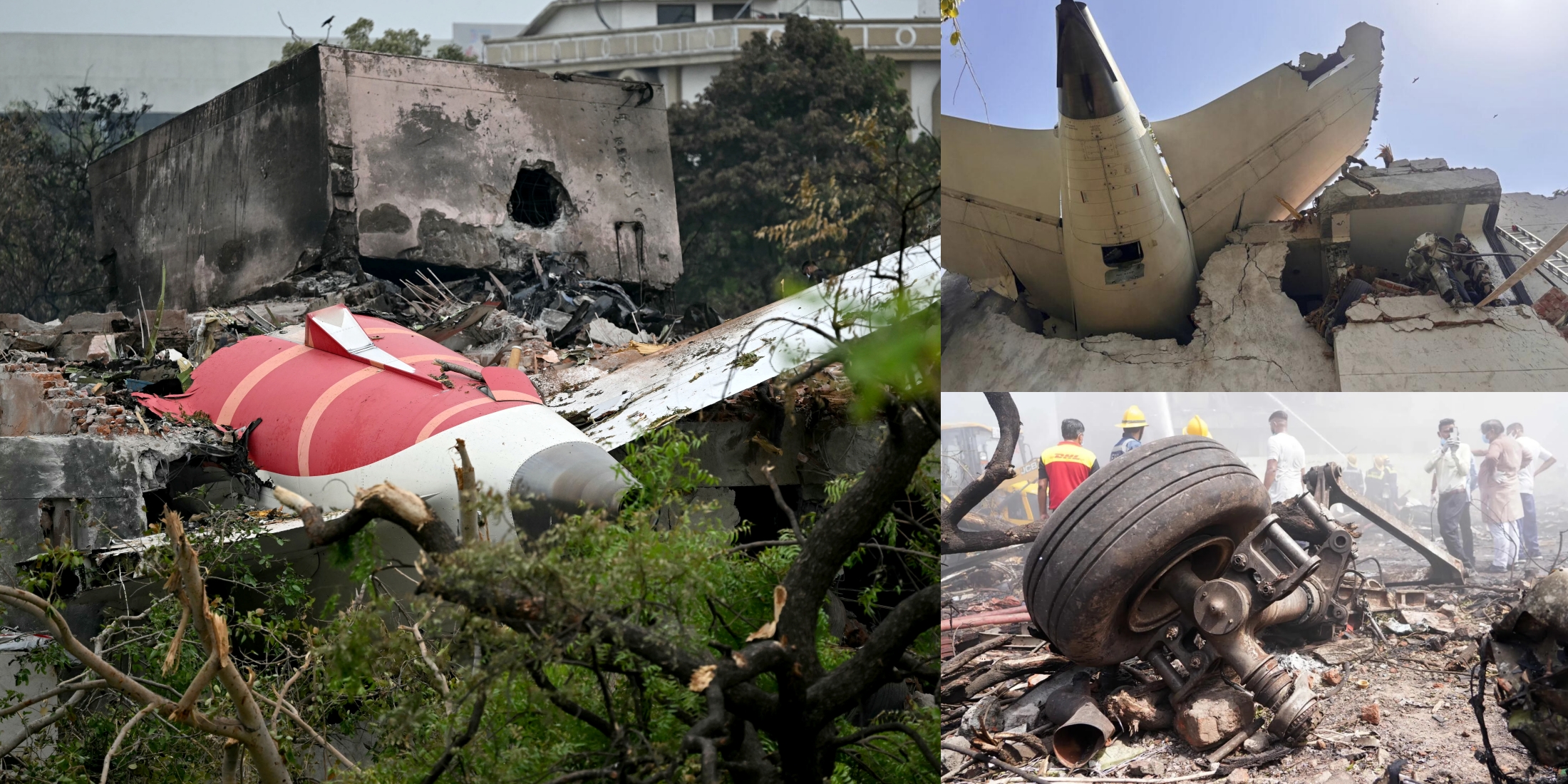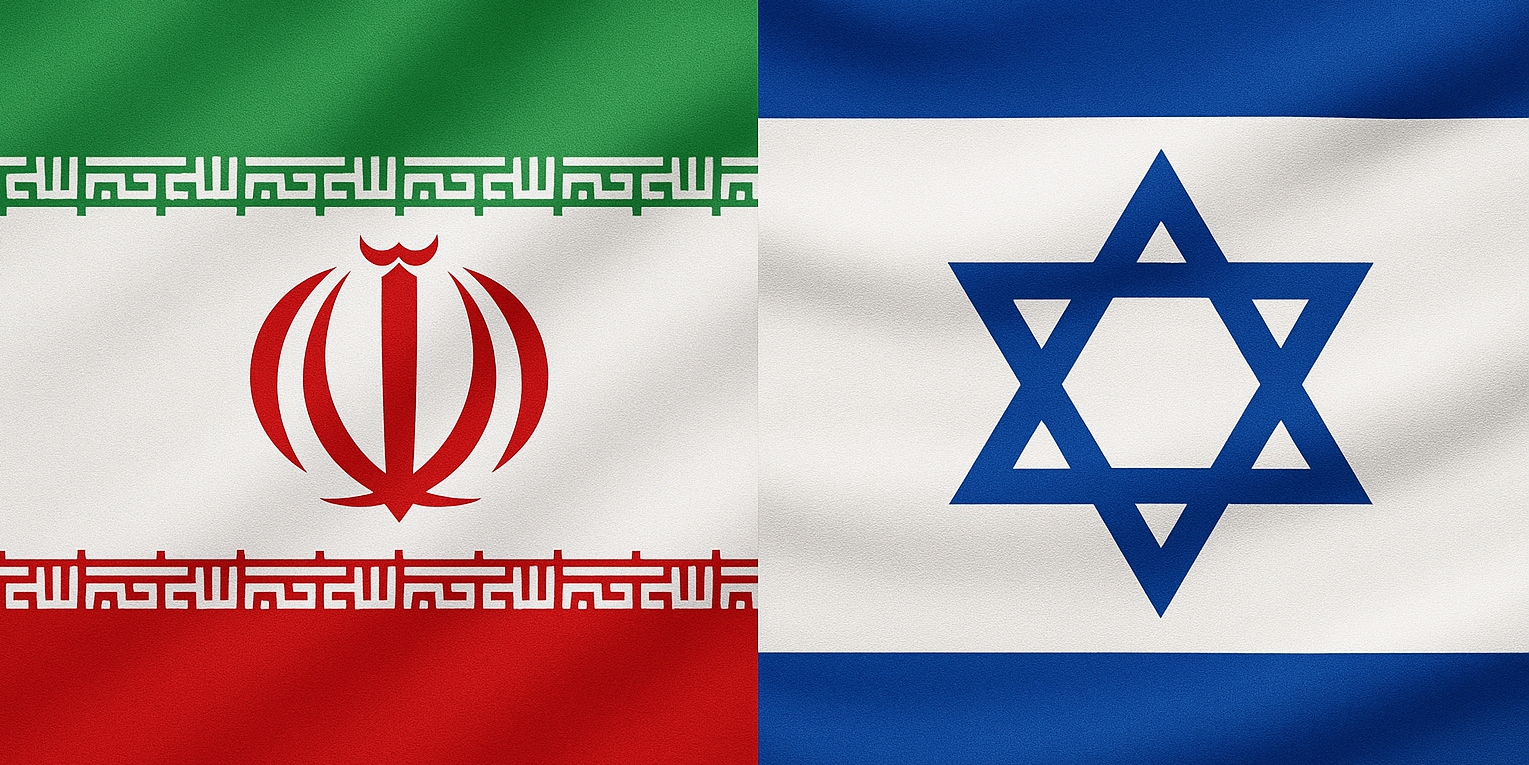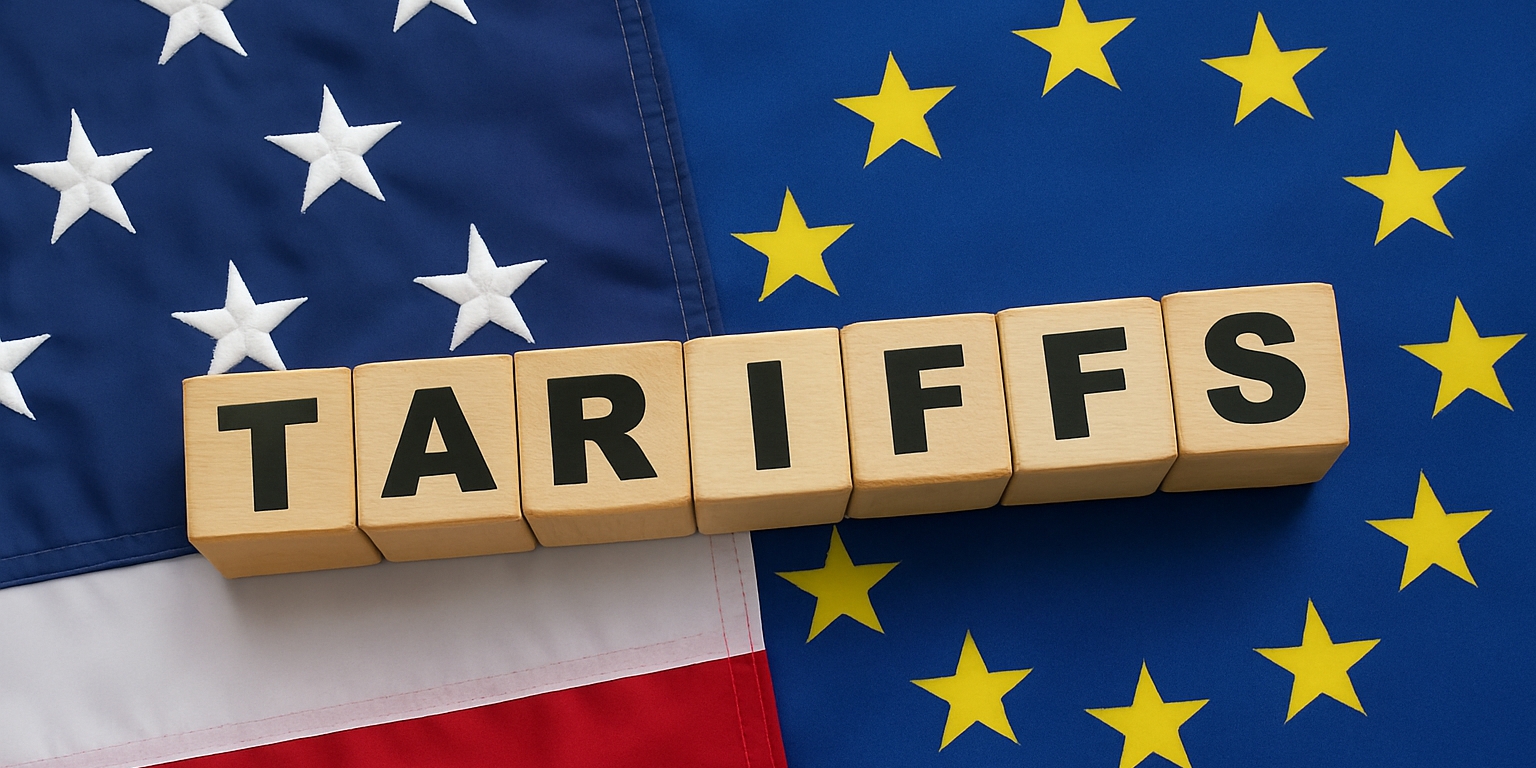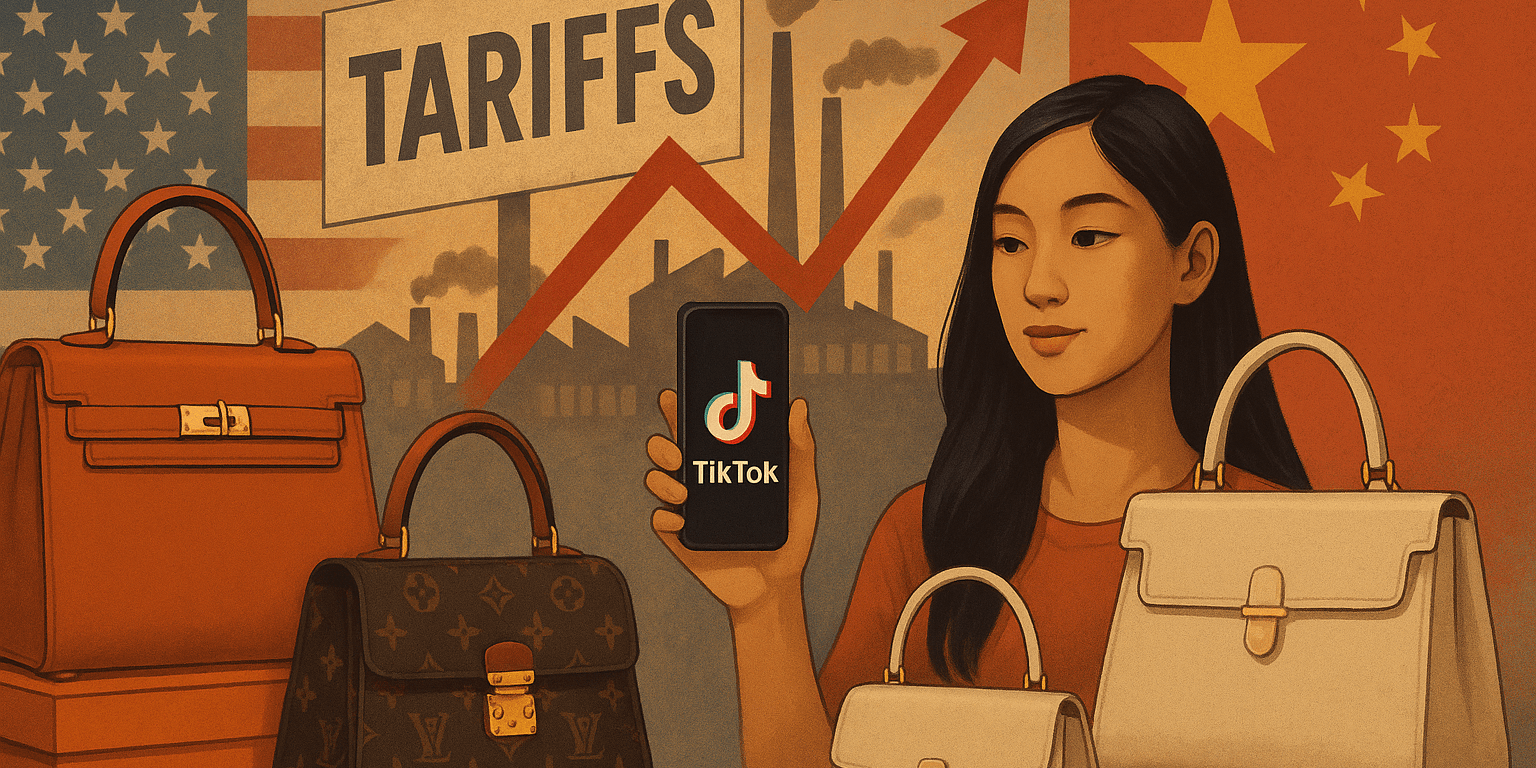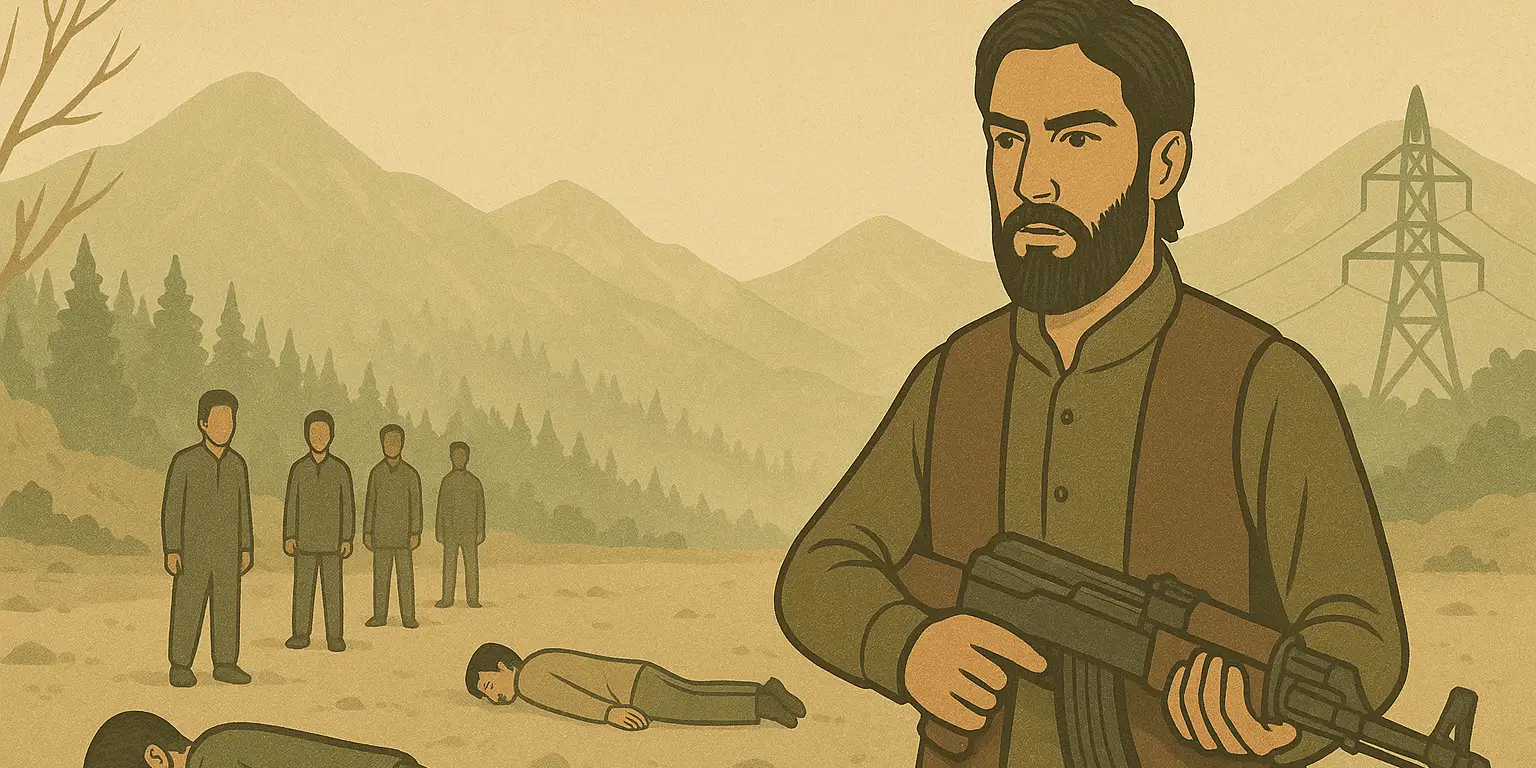Revolutions are supposed to bring transformative change. They are meant to challenge the very foundations of a society. They must dismantle oppressive structures and replace them with something new and better. But what happens when the revolution falls short? When the dust settles and the old system persists, have we really succeeded?
Though it started out as a quota reform protest, the July Movement, at the end of the day, turned out to be a revolt against a government and a broken system. A system that suppressed freedom of speech, denied accountability, and cost countless lives. The energy behind the movement was not merely about changing policies. It was about reclaiming our very right to speak freely, to question authority, and to demand transparency.
Yet, despite our righteous anger and the unity that brought people from different professions and universities together, the deeper transformation we fought for has not materialized. We promised ourselves change—a system where voices could be heard without repercussions, a society where differing opinions weren’t met with scorn or violence.
Instead, we are left with the hollow echo of our initial goals.
What Did We Promise Ourselves?
Our goals were clear: we wanted a transparent and accountable system. We fought for justice, for freedom of speech, and for basic human rights.
I grew up in a Bangladesh where political disagreements within families were common, where you could criticize policies without fear of retaliation. But the violence between 2012 and 2016 changed everything. Public discourse was silenced, and fear took hold. After those events, speaking out became dangerous. Political discussions in public were replaced by hushed whispers of “Let’s not talk politics in public.” We sought to tear down this culture of fear that had silenced public discourse.
I remember a personal incident from my university days. In my first year in uni, when my phone got lost (along with two of my dorm-mates’), the BSL members (2nd year students) in my dorm wanted to “investigate.” Part of the process was abusively interrogating me, the victim, on the rooftop of the dorm. I told them several times that I had no idea how the phones got stolen but they still wanted to be absolutely sure. To that end, three to four of them held me halfway over the railing and said if they pushed me over and told everyone that I was a “Shibir,” no one would bat an eye. The irony? I hated Shibir more than I disliked BSL. This culture of tagging to justify abuse is exactly what we sought to dismantle.
Did We Achieve Our Goals?
In my opinion, no. We managed to bring down the government; that’s a plus. But the true revolution—the socio-political transformation we dreamed of—remains elusive.
Freedom of speech may resonate differently with different people. Those who never had it might not value it the same way as those who’ve had it taken away. But no nation should raise a generation to grow up only learning to “agree” with a “leader-figure.”
The leaders who once inspired us are now falling into the same patterns of condescension and dismissiveness that characterized the previous regime. Last month, when asked about their actions, one coordinator said that “people who question will always question,” as if our civic right to hold leaders accountable is something to be belittled. This condescending response to public criticism clearly reflects the arrogance of the government we had fought to overthrow. Instead of fostering a culture of open dialogue, the very protesters now tag and belittle those who dare to question them. It’s a chilling reflection of the system we thought we were dismantling.
This is where we’ve faltered. We didn’t want to replace one group of bullies with another. The fight was about ensuring that everyone could speak out without fear of retribution. Yet, dissent is still met with labeling and marginalization, just like before.
The Illusion of Change
Yes, we have a new government. Yes, we can speak more freely. But the institutional rot that fueled our revolution remains intact. Political factions still divide us. Dissent is still met with labeling and marginalization. The transparency we demanded is nowhere to be found.
Replacing a government does not automatically bring change. The institutional structures that oppress people remain intact. Meaningful reform takes time—sitting with stakeholders, assessing the situation, and taking action—but transparency doesn’t take time. The people deserve to know why decisions are made, why leaders are chosen, and why promises remain unfulfilled. Without transparency, we remain stuck in the same oppressive cycle.
We need genuine reform. A real transformation demands a new system, not just new faces at the helm of the same broken institutions. We need transparency, fairness, and accountability at all levels of society—from the appointment of university vice-chancellors to the prosecution of corrupt leaders.
Freedom to practice social, cultural, and religious beliefs has always been limited under the previous government. But instead of dismantling those barriers, new forms of suppression have emerged. And while we may speak more freely, our religious, cultural, and political rights are still under threat. The anti-Islamist rhetoric pushed by the Awami League has radicalized huge parts of the Muslim population, and opportunists are now using religion to impose their version of morality on others.
This erosion of our cultural heritage is deeply troubling. You can’t even celebrate the Bengali New Year without being told it’s against religion. Mazars, which are part of the Sufi culture, are being torn down. Acts of vandalism against religious minorities and the suppression of indigenous rights have become common, justified by flimsy excuses. These acts are not what we fought for, yet they persist.
We may have fought for justice, but injustice continues to thrive.
The Final Reckoning
The revolution was supposed to bring socio-political reform and equal rights. Instead, opportunists have hijacked the narrative for personal and political gains. Instead of building something new, we’ve allowed the same old systems to stay. Still fighting the same battles. Still silenced. Still tagged. Still bullied. The corrupt continue to prosecute the corrupt, and the cycle goes on.
So, where do we go from here? Have we failed as revolutionaries? The short answer is yes. We’ve failed to create a society where people can express opinions without any fear whatsoever. We’ve failed to dismantle the culture of tagging, where disagreement is met with condemnation. And, most tragically, we’ve failed to address the institutional rot that continues to suppress equal rights and freedom for all.
We removed a corrupt government almost a hundred days ago, but the revolution was never just about regime change. It was about building something better. Until we confront the systemic issues at the heart of our society—until we achieve the transparency, fairness, and accountability we promised ourselves—until we see genuine socio-political transformation—we must keep asking the hard question: Have we not failed as revolutionaries?


